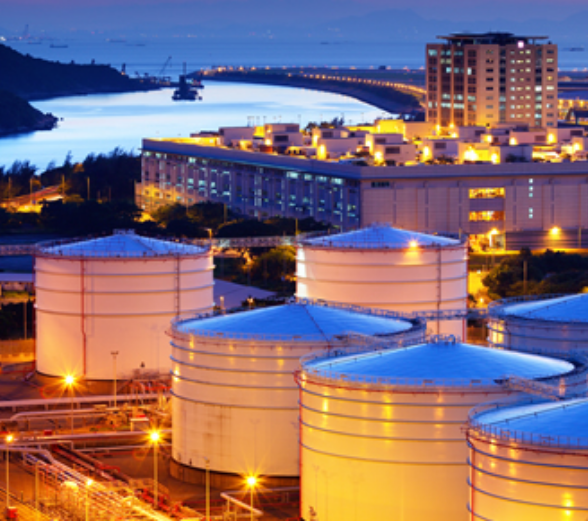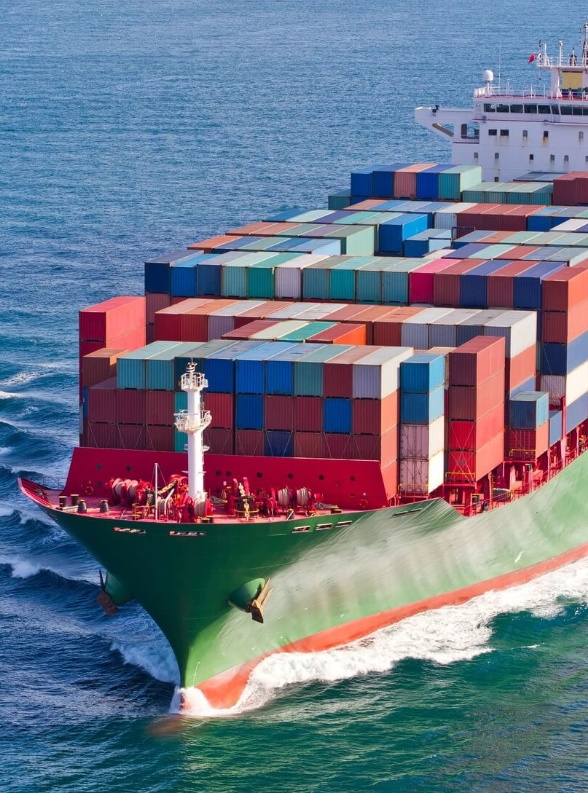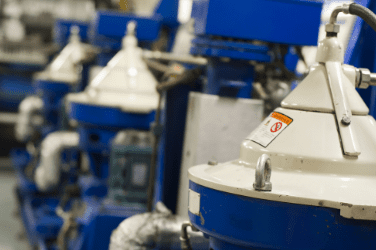

Testing bunker fuels is a necessity and not a luxury. Every well-run shipping company should test fuels routinely. While fuel related machinery problems are caused by a small percentage of all the fuels supplied, the importance of regular fuel testing should not be underestimated.
Fuel Testing is not only about fuel related problems, machinery damage, or stoppage. It concerns something much more serious, the safety of lives on board. Today, fuel supplied to the marine industry is residual fuel that is leftover after secondary refining processes. The problem is that ships are left to use a residual fuel that has been continuously deteriorating in quality.
Even distillate fuels have shown an increasing number of problems. Some of these consist of filter plugging due to bacterial contamination, high cloud point/cold filter plugging point, fuel pump problems from low lubricity, and acidic wear related to contaminants.
Participation in a fuel testing program is elementary proof that the ship operators are following the industry's best practices advocated by many groups. Due to the wide variation in the cutter stock for the VLSFOs and the development of new fuel blends including distillates, it is essential to do the ISO 8217 testing for all fuels. The quality of the fuel can be evaluated by the testing program and with the help of this and additional testing, fuel efficiency and savings can be achieved.
The Viswa Group introduced the Total Fuel Management in 2001 to provide a comprehensive service for our customers, meet the challenges of new fuels entering the market, and protect the marine community from machinery damage. Our experience and expertise in comprehensive analysis and data analytics gives us a holistic view in assessing problems and providing solutions for the Marine Industry.
Our 30 years of knowledge and expertise is behind our Fuel Oil Testing solutions. As a “Problem Solving” lab, we test, report, and provide solutions for such problem fuels. We are even known as “The One Stop Shop” because we provide our customers:

When we test fuel quality, we look beyond the condition of the machinery. We look at the story that it reflects. We start with the question, "Why are we doing this?" and further go on to "What are we doing?" and then to "How are we doing it?” When a customer faces any kind of energy related problem, we provide all possible assistance, expert advice, and carry out all additional tests to clearly identify the root cause and solve specific problems.


Access our expert advice whenever and wherever.